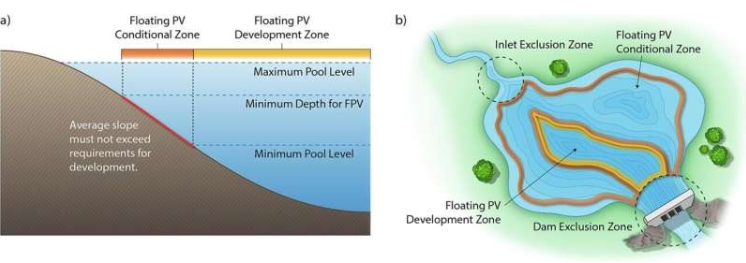
The apex bank in its latest economic report, disclosed that oil revenue plunged by 24.72 per cent to N1.30 trillion compared to the N1.73 trillion recorded in the second quarter of the year.
This figure also fell significantly short of the quarterly target by 75.39 per cent, largely due to frequent shutdowns caused by deteriorating pipelines and installations.
The CBN report, however, warned that Nigeria’s goal of achieving an oil production target of two million barrels per day (bpd) by the end of 2024 remains under threat unless urgent measures are taken to address infrastructure and operational challenges.
The report further noted that despite a modest rise in crude oil production to 1.33 million barrels per day (mbpd) from 1.27 mbpd in the previous quarter, theft, vandalism, and infrastructure deficits continued to stifle revenue growth.
NNPC had also said it was working hard to achieve the two million bpd target. The Chief Corporate Communications Officer, NNPC Ltd, Olufemi Soneye, said the company has already achieved production increase to 1.8 million barrels per day (bpd), with expectations that the newly introduced Production Monitoring Command Centre (PMCC) would spur its ambition of two million bpd.
CBN stated: “Oil revenue fell by 24.72 per cent to N1.30tn, relative to the level in Q2 2024, on account of lower receipts from petroleum profit tax and royalties.
“It was also 75.39 per cent short of the quarterly target due to shut-ins, arising from ageing oil pipelines and installations.” The ageing infrastructure not only hindered production efficiency but also impaired Nigeria’s ability to meet its OPEC production quota.







